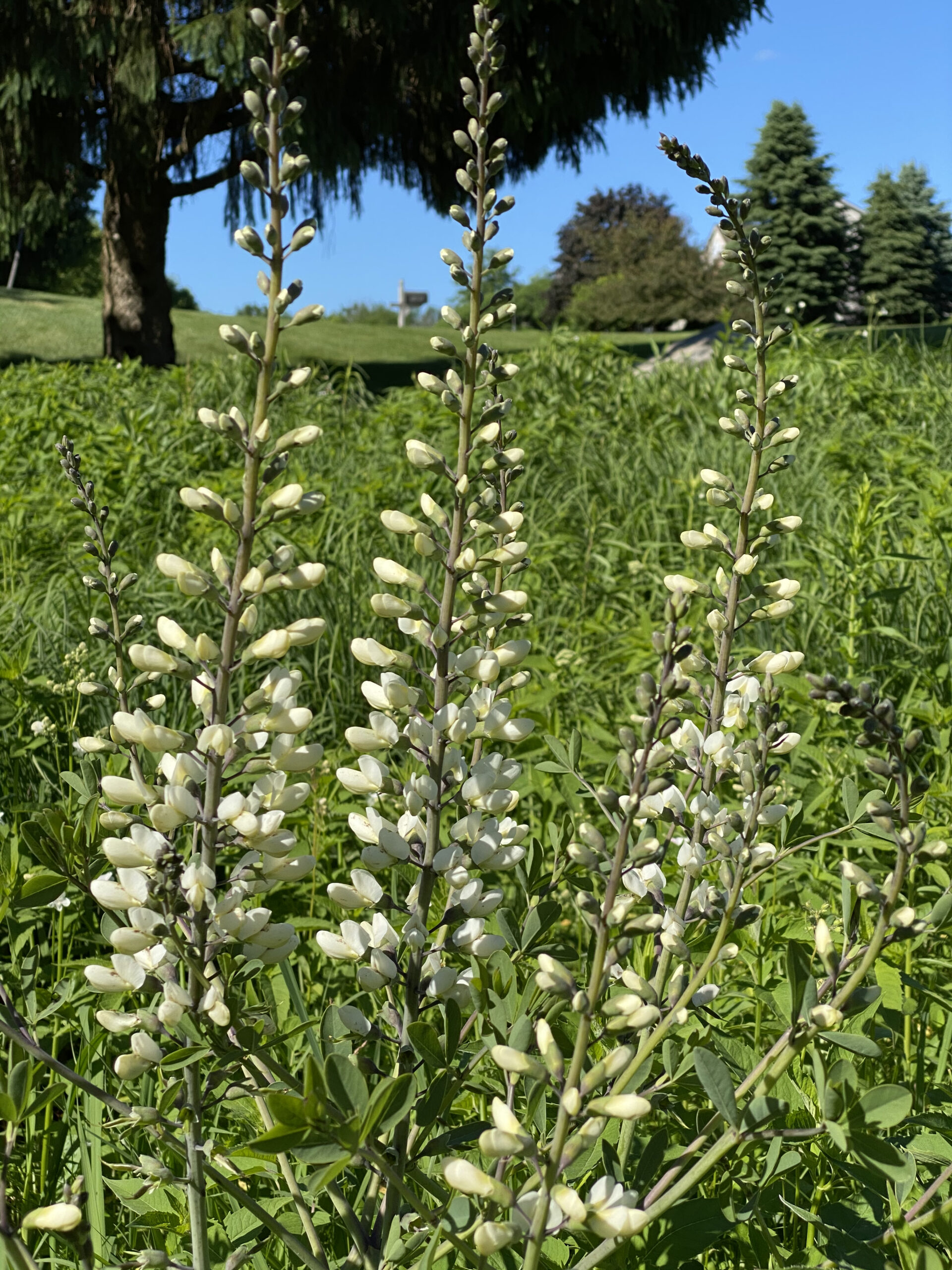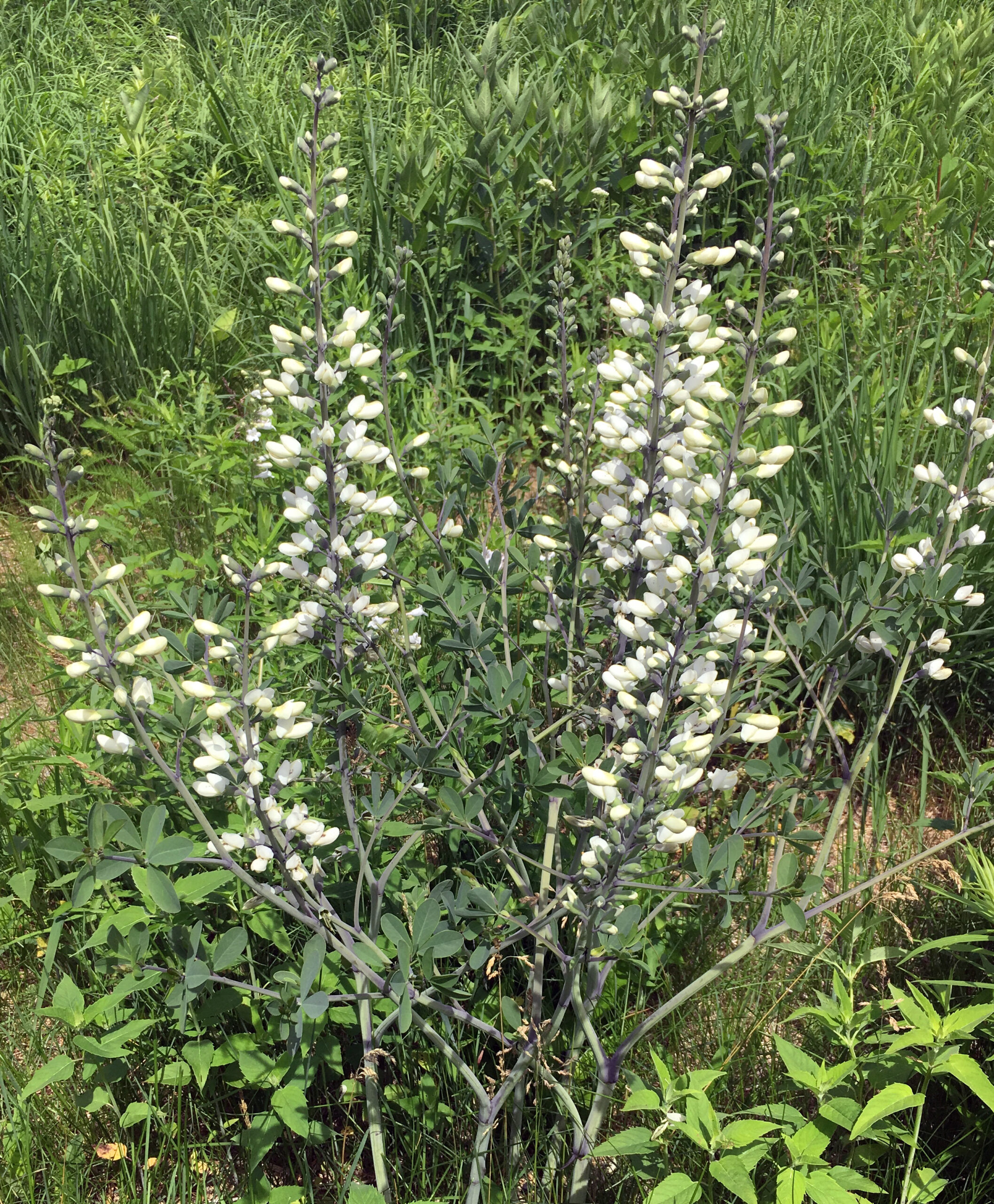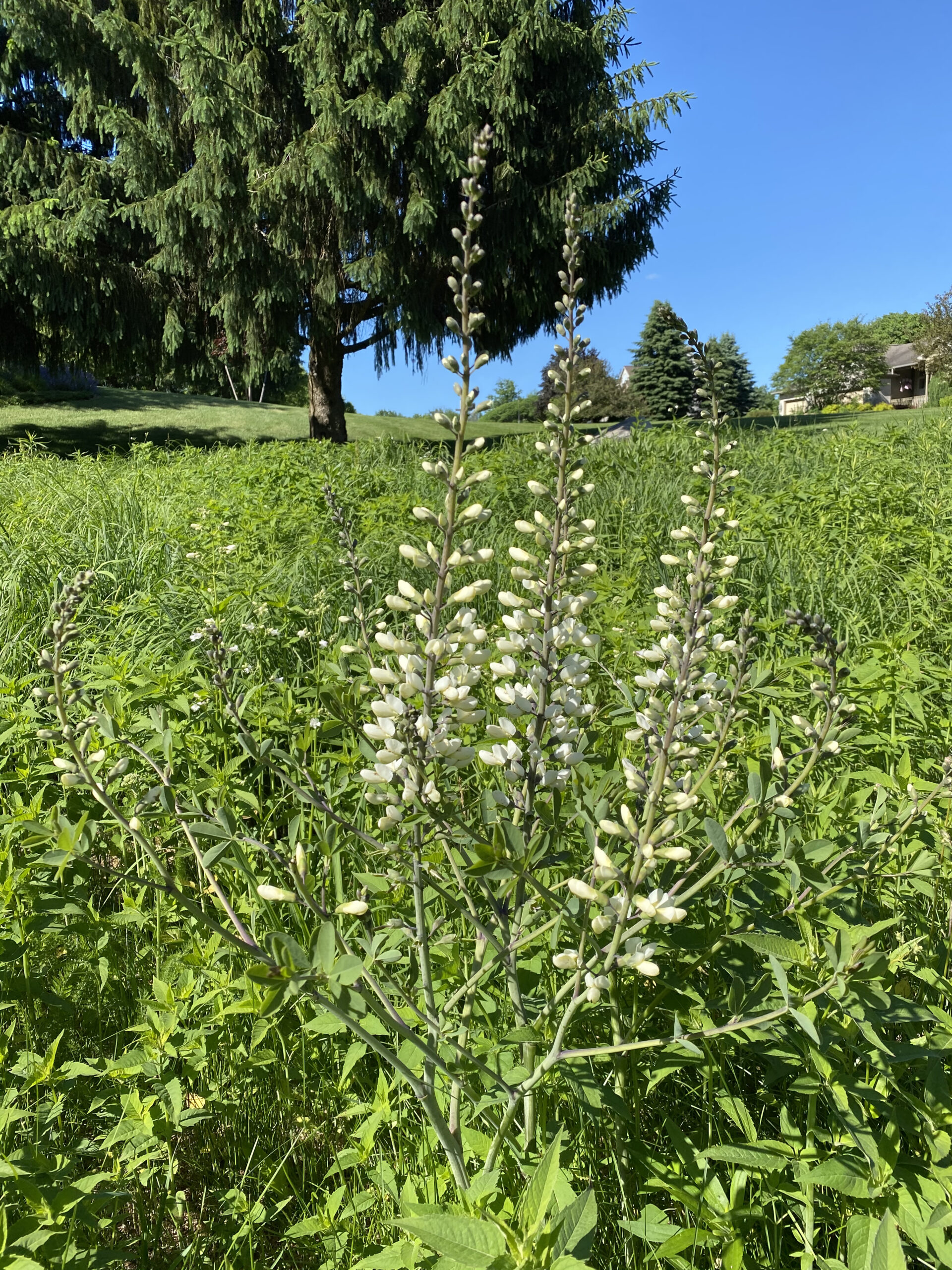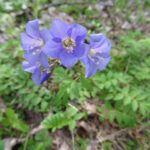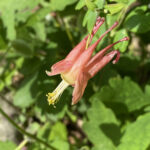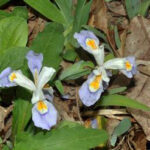Description
White Wild Indigo, Baptisia alba
DEEPOT – 2.75″ x 10″
Light: Full sun to light shade
Moisture: Dry to medium, good drainage
Soil: Clay, loam, sand, shallow rocky
Height: 2–4 feet
Bloom Season: May–June
Bloom Color: White to Cream
Deer Resistant: Yes
Notes:
White wild indigo adds beautiful color to a landscape with its striking blue-green leaves, charcoal-gray stems, and creamy-white, pea-like blossoms that grow on long purple spikes. The blossoms mature into puffy seed pods (legumes) that ripen from green to black over the summer, providing ornamental interest in fall. The blue-green, trifoliate leaves stay attractive all season, also turning nearly black in fall.
This plant is popular with insects. Bumblebees pollinate the flowers. The larvae of several skippers, moths, and butterflies feed on the foliage. As with all plants in the pea family (Fabaceae), White wild indigo fixes nitrogen into the soil.
White wild indigo are long-lived plants, but young transplants can take up to 3 years to produce flowers. Mature plants may be large –with a diameter of up to 4 feet. This plant has a deep taproot and does not like to be moved, so site carefully. Use White wild indigo in rain gardens, pollinator gardens, naturalized meadows, or open woodlands. It is also stunning as specimen plant or in small groups in flower beds or along the backs of borders. Propagate by seed, stem, or root cuttings. The dried stems and seed pods are lovely additions to flower arrangements.
Photo gallery credits: Ruth Oldenburg

